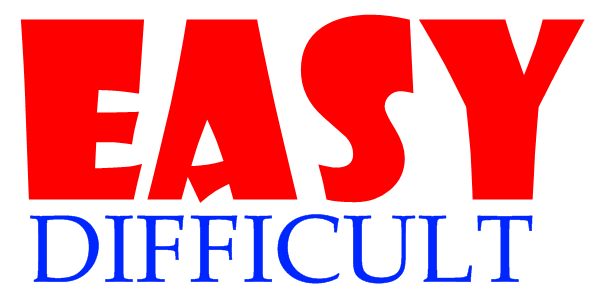
Basics are ultimately the foundation for disciplines and initiatives. Without this basics, how could we hope to do anything which requires greater attention and energy?
You need to be brilliant at the basics first to optimise what you have now and then for sustainable improvement.If you’ve ever heard coaches talk to their players, they’re always preaching the basics or fundamentals, especially in practice. There’s a common understanding in sports, if your fundamentals aren’t instinctual, then you’ll have difficulty performing on game day. While athletes may roll their eyes at being lectured about their stance for the umpteenth time, they learn the value over time.
“I fear not the man who has practiced 10,000 kicks once, but I fear the man who has practiced one kick 10,000 times.”
-Bruce Lee
I’d take a practitioner with a handful of solid fundamentals over someone with a wide range of barely touched advanced skills any day. The first person would likely be better equipped to figure out my problem or create a way to solve it.
So much waste and repeated effort!!! We expect sustainability, but we have no basics in place to carry the change. How many times have you seen great successes with projects just to see it all being lost again when people change or "time" happens?
Example: Six-Sigma projects. We were implementing six-sigma many years back and were very excited about the potential just to be stopped in our tracks when we got to the “Measure” phase. We realised that we did not have the basics in place to ensure accurate data. Some people and maintenance basics were then again optimised for each project but because there were little execution basics it was also not sustainable.
Perfecting the fundamentals also leads one to develop discipline which leads to a productivity increase.Example: Structured routines. Assess any routine with a known expected output and compare input and output before and after implementing a structure with attendance guidelines, agenda and action list. Also test sustainability of routine output over people and time for routines without a structure.


Comentários